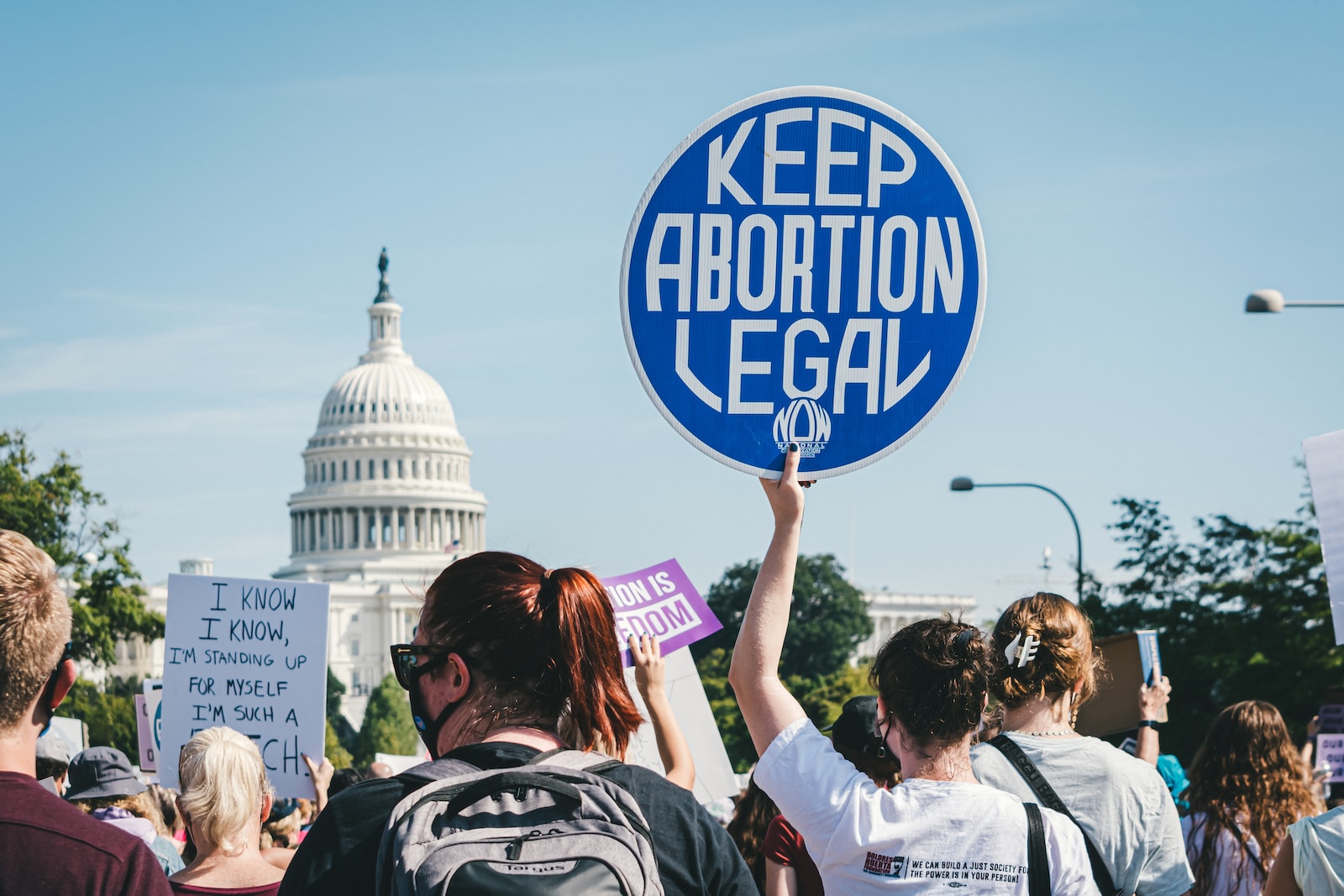Kate Cox, Dallas’s mother, had an abortion in another state earlier this week. At 20 weeks along, she found out that her unborn kid would not survive long due to a fetal anomaly. Fertility in the future was a concern, according to her doctors.
She took legal action and prevailed in a lower court, but the state’s hard anti-abortion laws were enforced by Attorney General Ken Paxton. In a unanimous decision, the Texas Supreme Court sided with Paxton.
A team of investigators has found evidence that hundreds of women have followed in Cox’s footsteps. One year following the rejection of Roe vs. Wade, the state’s “trigger law” went into effect, prohibiting the majority of abortions beginning at the time of conception. After six weeks of pregnancy, a woman can sue for an abortion under a different statute.
Nearly all traces of abortion in Texas have been eradicated by anti-abortion activists. A legal battle rages on regarding a narrow medical exception that permits abortion in extremely risky or fatal circumstances for the mother.
The new criminal and civil penalties are so severe that doctors are afraid to do the surgery, according to OB-GYN Dr. John Thoppil, who spoke with NBC 5.
This is not a minor infraction; the consequences are felony-level. I think this reading is spot on. According to Dr. Thoppil, it is difficult for our state to assert that you should be informed because our fate is in the hands of the prosecutor.
Reporting to federal and state health agencies is mandatory for hospitals, physicians, and clinics. Before the Dobbs ruling reversed Roe vs. Wade, there were slightly over 3,000 abortions performed in Texas per month, according to the #WeCount research from the Society of Family Planning. That figure fell to nine abortions monthly on average in the year after Dobbs.





